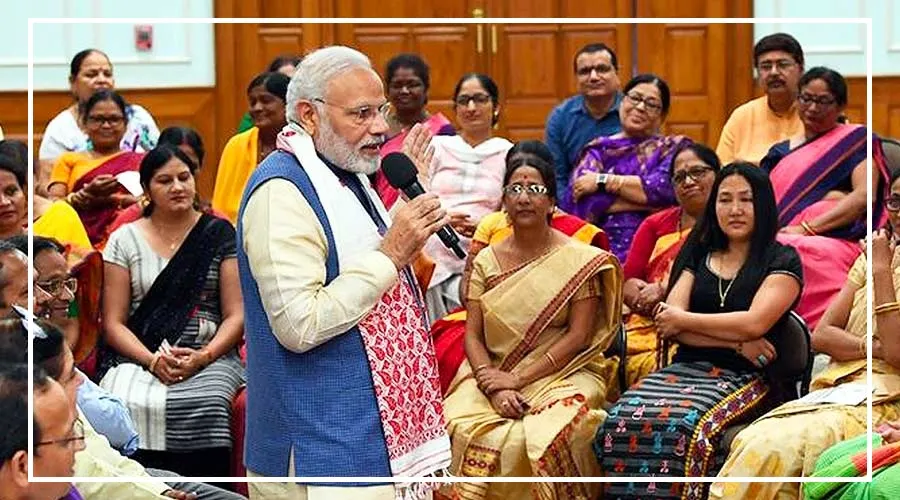The government has taken a major step for all workers and employees in India. From November 21, new labor codes have been officially implemented.
These rules aim to ensure timely wages, social security, safe working conditions, and equal opportunities and pay for women.
Earlier, there were 29 different labor laws, but now their important points have been merged into four clear and simple labor codes.
This will make things easier both for workers and companies.
The Four New Labor Codes
The government has simplified old labor laws (made between 1930–1950) and updated them according to today’s work environment and global standards. The four new codes are:
Code on Wages, 2019
Industrial Relations Code, 2020
Code on Social Security, 2020
Occupational Safety, Health and Working Conditions Code, 2020
These codes are designed to improve transparency, safety, and fairness in the workplace.
Key Benefits: What Changes for Workers?
The new labor laws provide 10 major guarantees for workers:
Timely payment of minimum wages to all workers.
Mandatory appointment letter for all new employees.
Equal pay and equal respect for women for the same work.
Social security coverage for 40 crore workers.
Fixed-term employees will get gratuity after just 1 year of service.
Free yearly health check-up for employees above 40 years.
Double wages for overtime work.
Full health protection in hazardous industries.
Social justice as per international standards.
PF, ESIC, insurance, and social security benefits for gig workers as well.
Special Changes for Women
Women will now be allowed to work night shifts if they choose to. They will receive the same protection
and opportunities as men in all industries. This is expected to increase employment and income opportunities for women.
More Transparency in Jobs and Salaries
The new rules ensure:
Every employee must receive a written appointment letter.
Timely salary payments are compulsory.
Workers above 40 must get a free annual health check-up.
Overtime work will be paid at double the normal wage.
Safety and Health Given Top Priority
A National OSH Board will be created to set safety standards across all industries.
Companies with more than 500 employees must form a Safety Committee.
ESIC coverage will be mandatory even if an organization has just one employee involved in hazardous work.

























